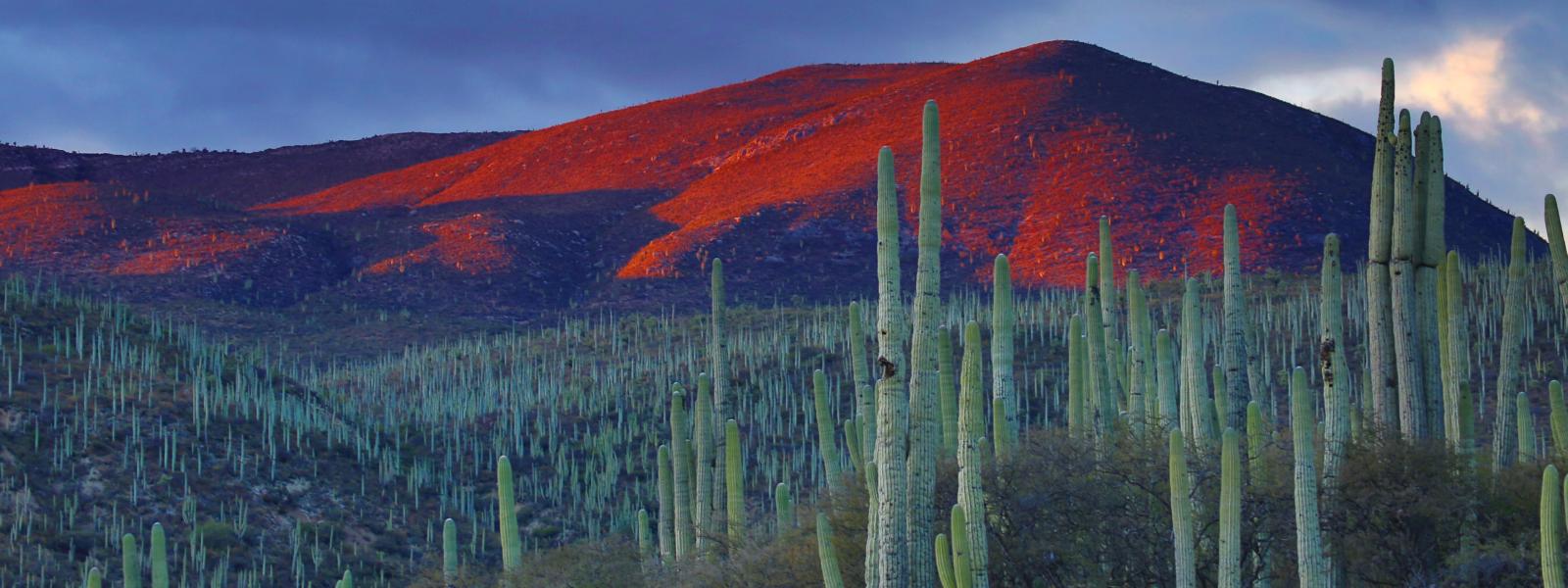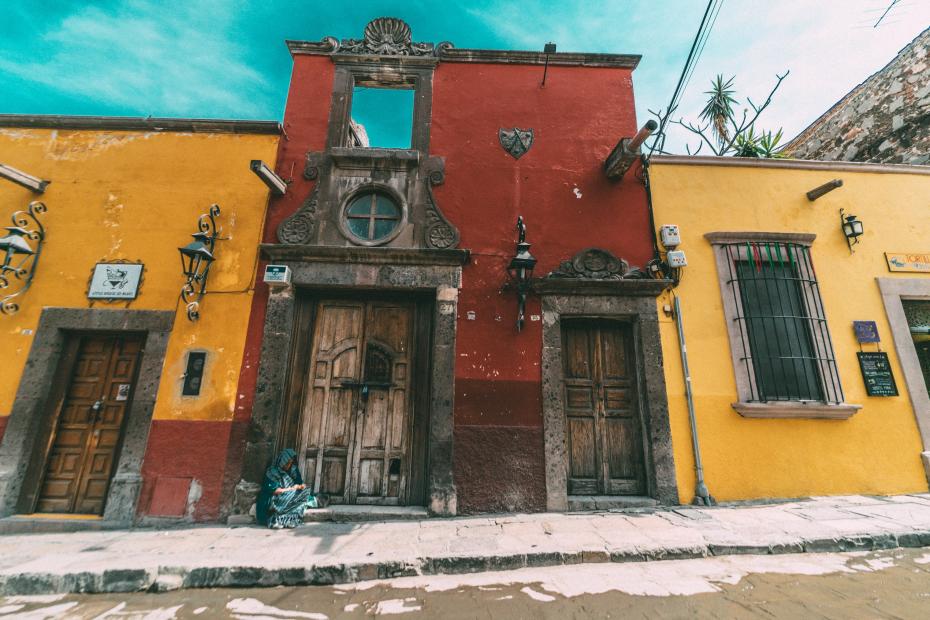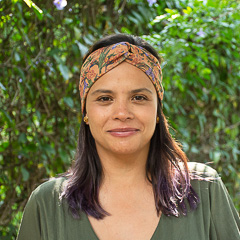
Challenges and conditions to advance towards energy justice in Mexico
Photo: Andres Sanz on Unsplash.This blog entry accompanies the launch of the first ever Benchmark on Renewable Energy and Human Rights. It was originally published by the Business & Human Rights Information Centre.
By Rosa Peña Lizarazo and Astrid Puentes Riaño
The climate crisis, in the words of Michelle Bachelet, the UN High Commissioner for Human Rights, is the greatest current threat to human rights, and one that requires urgent political decisions and collective action.
One such decision concerns progress in the energy transition, that is, the shift from the use of energy derived from fossil fuels to the use of energy that is renewable and less emission-intensive. By reducing greenhouse gas emissions, this transition would help to address the climate crisis and improve air quality.
In Mexico, this transition has motivated multi-sector debates and requires a participatory, inclusive, and transparent dialogue with a human rights approach and a territorial perspective. There are four main challenges to this:
main challenges
1. The socioeconomic context
Mexico has some of the highest levels of inequality on the planet, with ten of the country’s richest people holding wealth the equivalent to 50% of its poorest. Understanding this context is key to adapting energy transition policies that meet international climate obligations without creating more inequity.
It is also essential to learn from the past. The 2013 energy reform set in motion a model for the massive implementation of renewable energy projects, both large-scale and private. This made it impossible to overcome the wide gaps in exclusion for socio-economic and territorial reasons.
2. Energy consensus
Another challenge is achieving regulatory and social consensus on what clean and renewable energy is and what the goal should be in its implementation. Despite the proposals of some environmental organizations, the Mexican Government accepted vague and more convenient definitions to fulfill its climate commitments. It defined clean energies as those that do not generate polluting emissions during their production, ignoring whether they can generate other negative impacts on the environment.
3. Respect and protection of human rights
The generation of energy from fossil fuels has violated human rights, provoking scenarios of exclusion and serious implications for Mexico’s indigenous and rural communities.
Likewise, many non-conventional renewable energy projects, like those developments in the Isthmus of Tehuantepec or in the Yucatan Peninsula, have generated new socio-environmental conflicts. These relate to the lack of transparency and participation, violation of the rights of native peoples, lack of knowledge of traditional ownership and uses of land, obstacles to access natural resources, and environmental degradation.
It is therefore a challenge to undertake a transition that considers and prevents these harms from a human rights perspective.
4. Energy diversification and reliability
Given current dependence on fossil fuels in the energy grid - which by 2018 generated 75.88% of the country's energy - progress towards mitigation and adaptation to climate change requires a process of diversification of energy sources that takes advantage of Mexico's potential to develop renewable energy. Another associated challenge is to guarantee the reliability of the system to ensure it can continuously meet the country's energy demand.

how can a fair transition come about?
At AIDA, we believe this can be done by building energy justice in Mexico, through the following:
- Adapting to the socioeconomic context: Betting on a transition that becomes an engine of local development, through for example, the generation of jobs, the democratization of energy and energy generation in the scale necessary for self-supply. This requires overcoming existing barriers to exclusion by implementing, for example, community energy projects.
- Designing participatory energy policy: Propose scenarios of effective and inclusive participation in order to agree on the minimum aspects of the goals of energy policy in the country, in response to the climate crisis.
- Compliance with environmental and human rights standards: Advisory Opinion 23 of the Inter-American Court of Human Rights highlights that any policy or project must guarantee access rights in environmental matters and labour rights, comply with the principles of prevention and precaution, respect the rights of indigenous and Afro-Mexican peoples, and have a gender perspective.
- Diversification of the energy grid: Promote financing mechanisms that encourage clean technological innovation and investment in decentralized renewable energies and with better storage strategies.
Without a doubt, a just energy transition is necessary and urgent in Mexico. The country now has the opportunity to undertake a progressive and timely transition that allows for better scenarios of social, environmental and climate justice, and that responds to current social demands.
Rosa Peña Lizarazo

Rosa Peña Lizarazo is Colombian and a senior attorney with AIDA's Human Rights and Environment Program, as well as Coordinator of the Coal Area, working from Bogotá. She is attorney from the Universidad del Rosario, Colombia whose bachelor's degree focused on Constitutional Law and Human Rights. Rosa holds a Master's Degree in Interdisciplinary Development Studies, with an emphasis on Territorial Development Management, from the Universidad de los Andes, in Colombia. She has also experience in community accompaniment and strategic litigation in cases of human rights violations derived from development policies and projects.
